The 2025 high school graduation exam has ended, but the echoes of the exam questions are still "hot" on forums. Although there are still debates about the difficulty of the questions, we educators quietly look back at an important milestone: a breakthrough exam, demonstrating a strong spirit of educational reform, in line with the 2018 general education program.
The exam has sent us, the teachers and administrators, a clear message: Look at the exam to adjust the teaching and educational management methods to be more correct, sufficient and substantial.
A quick, concise exam – A clear spirit of reform
Ignoring the noise about the exam, it is undeniable that this year's high school graduation exam took place in an orderly and neat manner. Every step from organizing the exam, marking the exam to communicating was carried out strictly but without creating heavy pressure. That is a positive signal for an exam that is within reach and reasonable.
But behind that "gentle" appearance is a big change from within: this year's exam clearly shows the spirit of reform.
The content of the exam not only covers the 3-year high school program but also eliminates the heavy theoretical and memorization part, to focus more on application skills and solving practical situations. This is an important turning point and needs to be taken seriously.
We often say that the exam is a mirror that honestly reflects the teaching and learning process. If we keep the old way of teaching and learning, when looking at the new exam, we will definitely feel confused and disappointed. But if we have proactively innovated, learned to self-study, and learned to think independently, then this year's exam is truly an opportunity for students to develop their abilities.
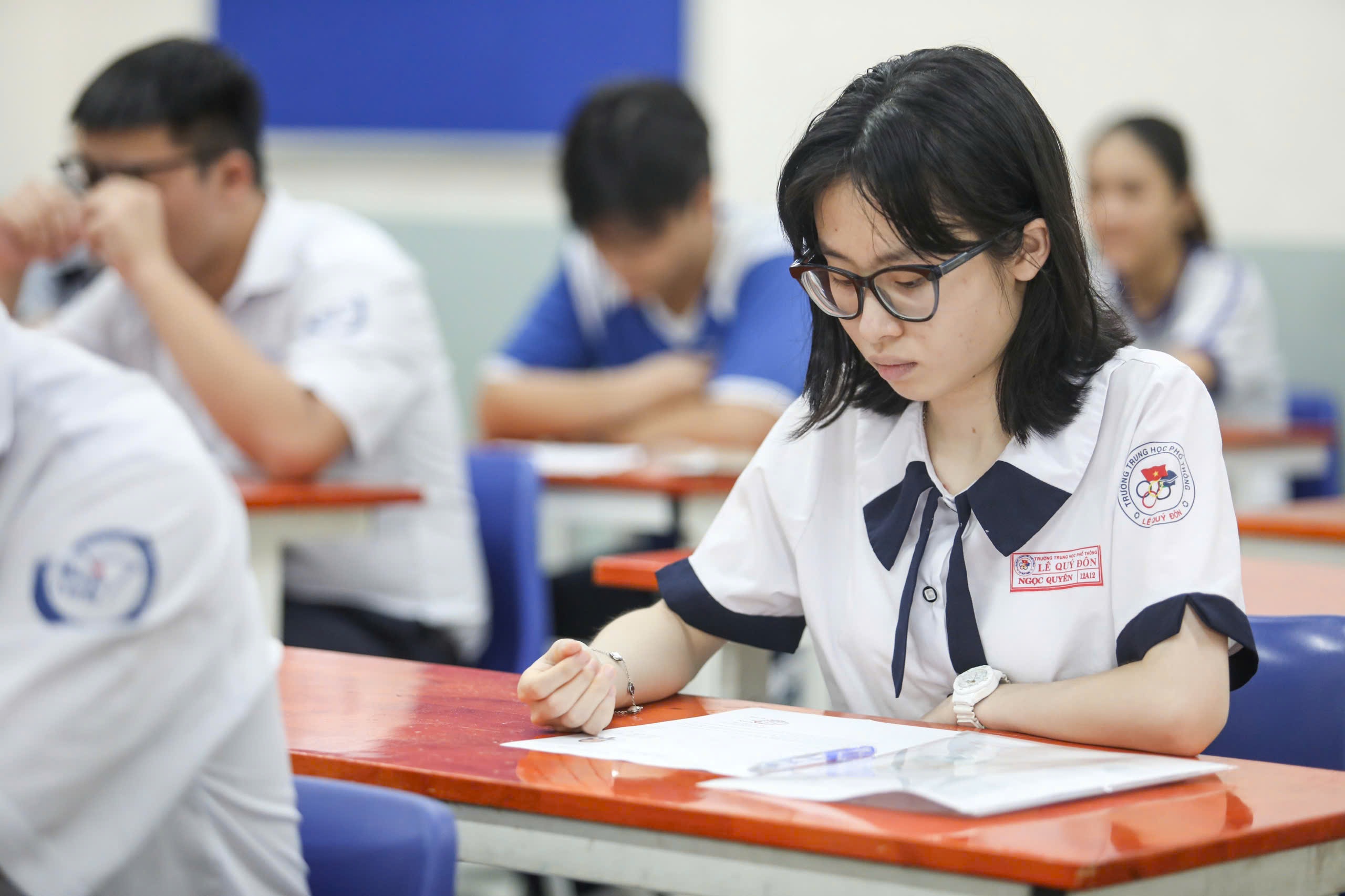
The high school graduation exam clearly shows the spirit of reform (Photo: Bao Quyen).
This year's exam structure basically follows the orientation of the 2018 general education program, focusing on developing students' qualities and abilities through active learning activities, experiences, and discoveries .
In many subjects such as literature, chemistry, physics, biology, etc., exams no longer focus on memorization, but require students to understand the nature, apply knowledge to reality, explain phenomena or solve given situations.
It is not only a change in the level of test-making techniques, but also a major shift in educational philosophy, from cramming education to developmental education. And to go along with that change, teachers are forced to change.
Teachers need to adjust – from literacy teachers to competency instructors
A good test is not meant to “make things difficult” for students, but to suggest to teachers how to teach properly. Looking at the 2025 test, teachers cannot continue to teach in the old way of “communicating – taking notes – memorizing – testing”. Now, each lesson must be a journey of discovery, where students can think, ask questions, debate and draw their own conclusions.
In particular, when the exam requires a lot of content related to practical applications and experiments (typically in natural science subjects), teachers must be more flexible in organizing learning activities. They must teach so that students can observe, manipulate, simulate and experience, instead of just listening to lectures and taking notes.
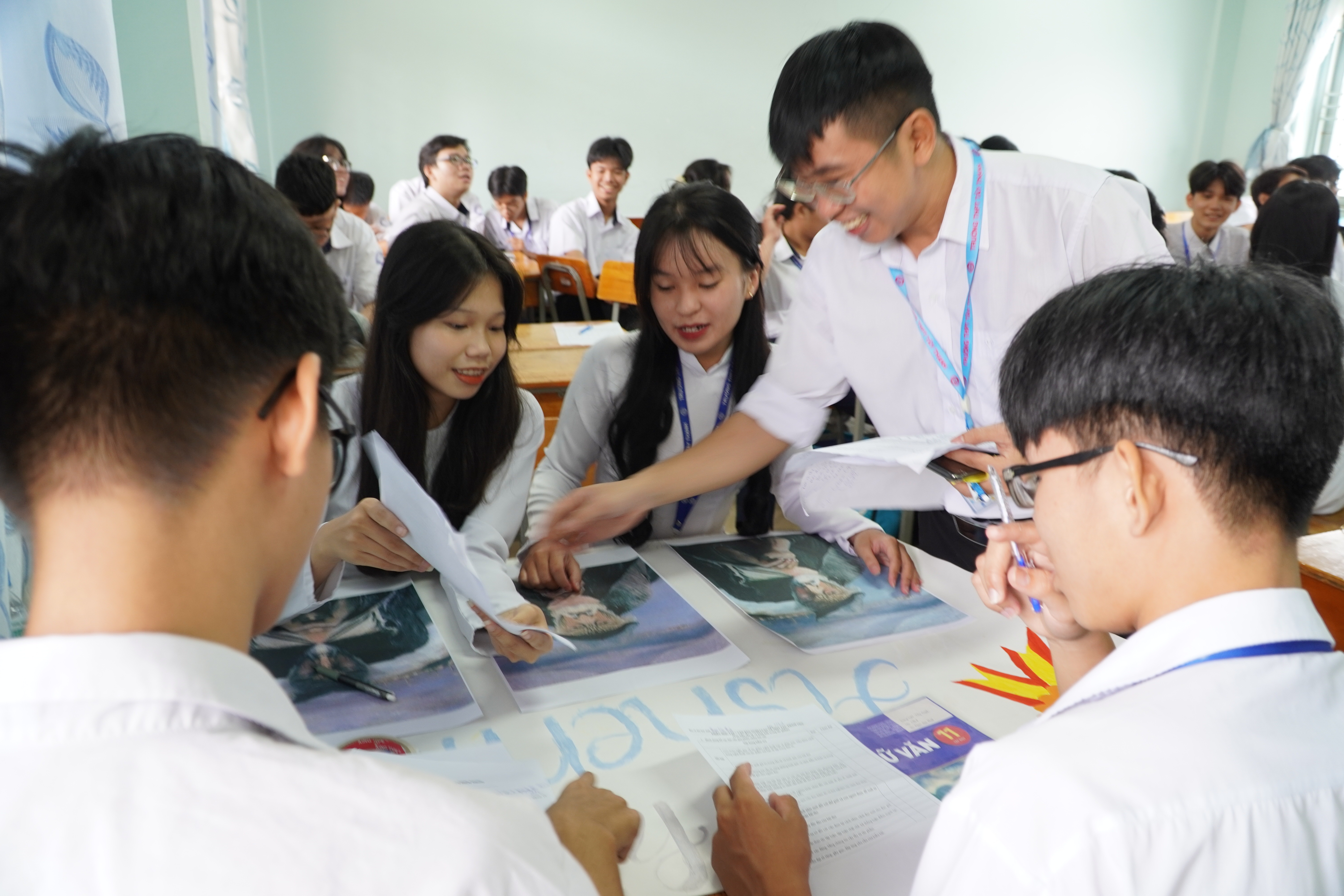
Teachers guide students of a high school in Ho Chi Minh City to be creative in a literature class according to the 2018 general education program (Photo: Huyen Nguyen).
This poses an urgent requirement for teacher training, not only updating professional knowledge, but also renewing teaching thinking and practicing classroom organization skills towards capacity development.
Gone are the days when teachers were the sole holders of knowledge. Teachers today must be the designers of learning journeys, the companions of students in the process of self-learning and personal development.
School management: Must move to accompany the new program
Not only teachers, but also education managers: principals, vice principals, and heads of professional groups need to change. Because if the school wants teachers to teach well, it must “take care of the logistics” for them.
One of the prerequisites for effectively implementing the 2018 General Education Program is facilities and teaching equipment.
When the exam questions are heavily oriented towards practical and applied skills, it is impossible to let students learn “on paper” and teachers lecture only with chalk and blackboard. Laboratories, practice equipment, interactive learning tools, simulation software, etc. need to be invested in properly, sufficiently and promptly.
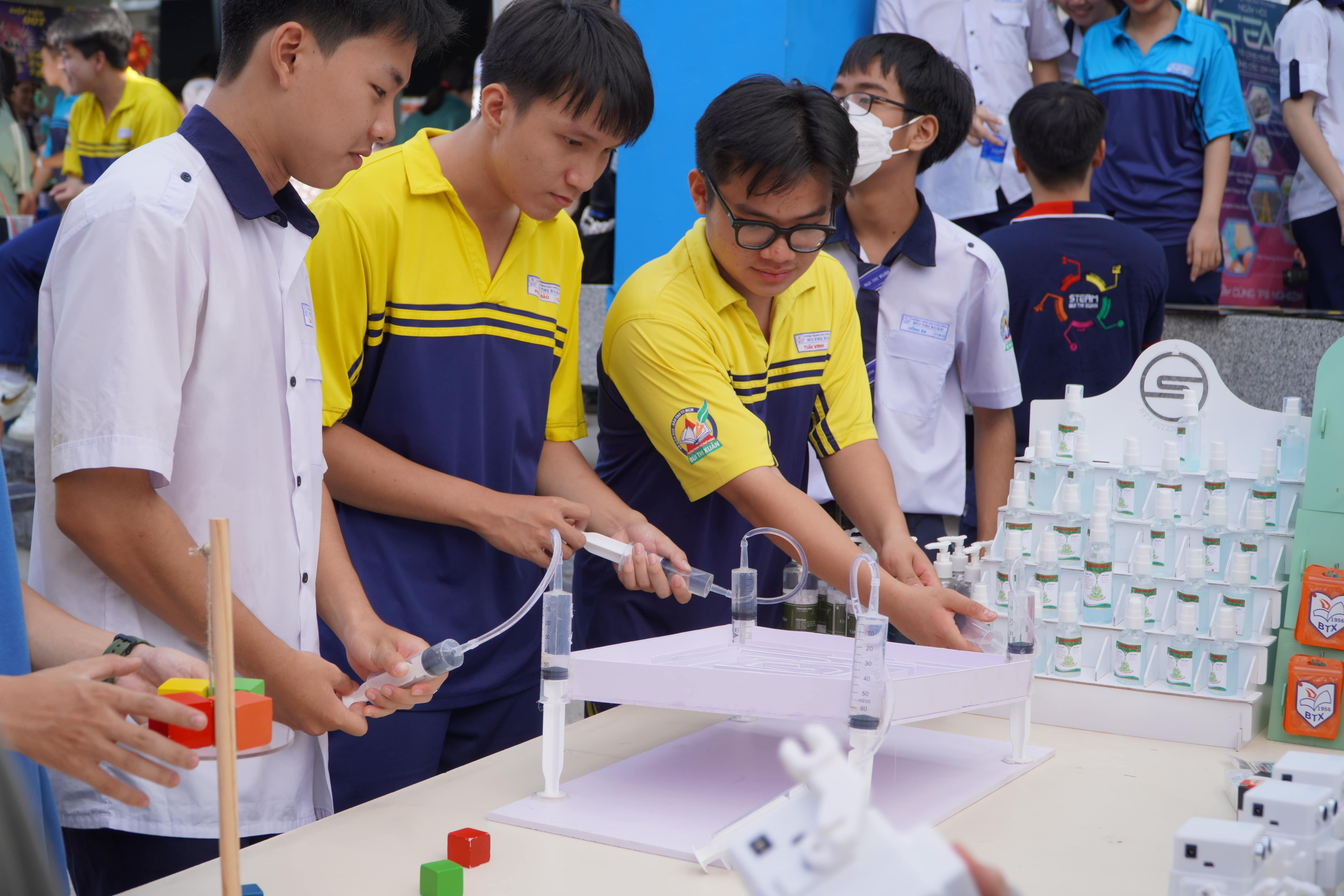
Students of Bui Thi Xuan High School, Ho Chi Minh City in a STEM experience activity (Photo: Huyen Nguyen).
Without investment from the school board, teachers’ methodological innovation would be just a half-hearted movement. How can students develop experimental thinking in a chemistry class with only blackboard and chalk? How can students feel the practicality of science in a physics lesson without measuring equipment?
School leaders need to boldly review the infrastructure system, prioritize budget for investment in teaching equipment and build a flexible, modern learning environment. This is not only a management task, but also a responsibility to future generations.
Candidates who failed – Not because of ignorance, but because they did not have time to adapt
We will see that in this year's exam, a number of students did not achieve the desired results. But we need to look at it thoroughly: they are not stupid, but have not yet had time to adapt to the new requirements.
Some students used to study well by “memorizing and doing sample tests”, but now when faced with open questions, they are confused. Some students have not had access to experiential lessons, so when faced with practical questions, they have to “give up”.
Blaming the students is also blaming the adults. The transition from the old program to the new program should have been organized systematically by the school and teachers, with a roadmap and timely support. But for many reasons, the facilities are not enough, the teachers are not familiar with it, the students do not have extra classes, etc., so the gap between the set goals and the teaching practice still exists.
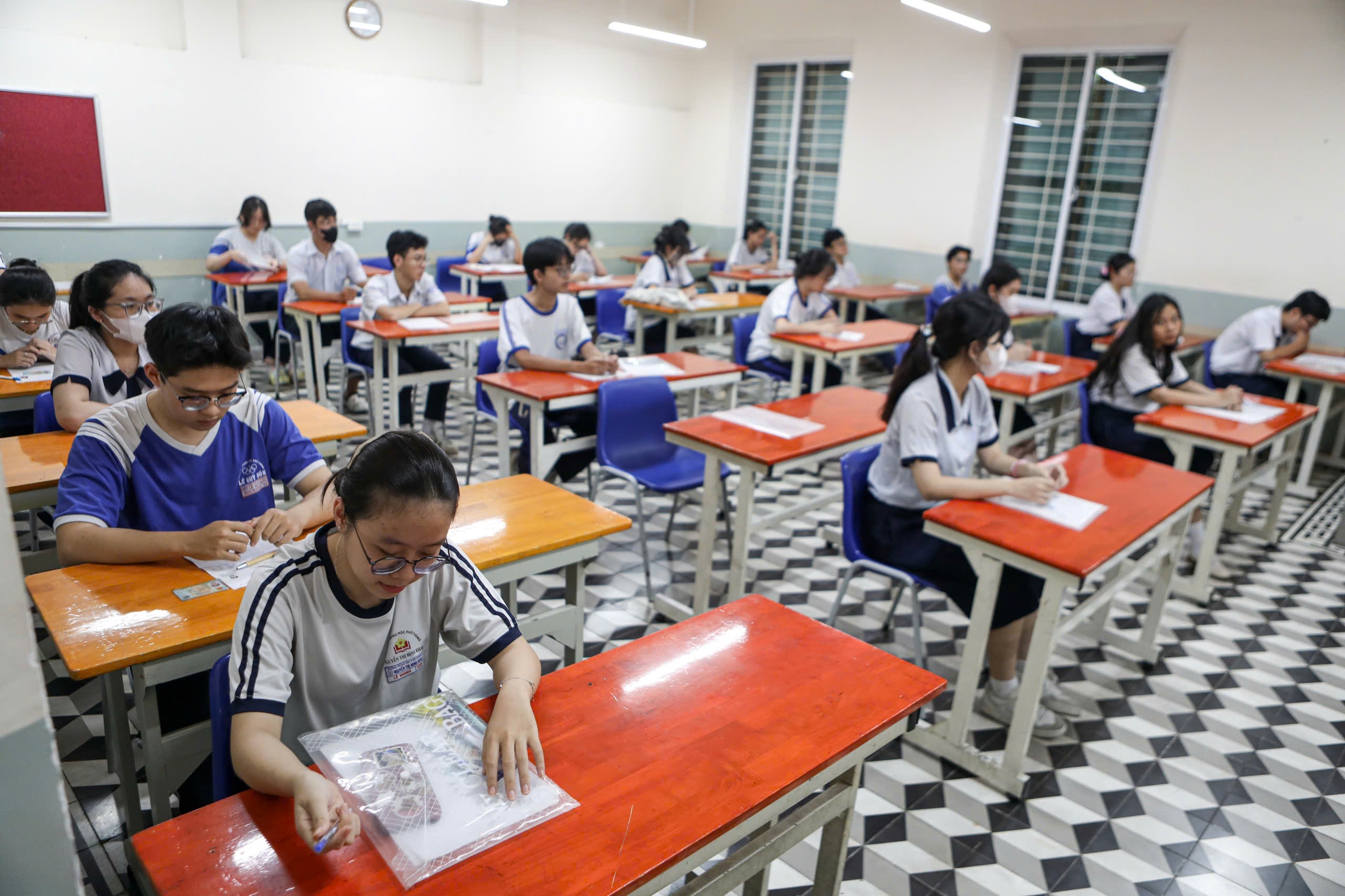
Candidates taking the 2025 high school graduation exam (Photo: Bao Quyen).
The 2025 exam is an opportunity for us to look back at that gap. To see what we need to do to ensure that students are not left behind, so that change is not just on paper but is implemented in every lesson, every lecture, every classroom in reality.
Need a handshake between three pillars: school - family - society
An innovative exam cannot be successful if it only depends on teachers or schools. Educational innovation needs a consensus from all three sides: school – family – society.
Parents need to understand that their children's learning methods are different. They cannot be forced to memorize, cram, or chase after grades. Instead, encourage them to learn because they understand, because they want to, to solve problems, not to cope with exams.

From the 2025 high school graduation exam, it is necessary to review teaching methods, learning methods and management methods so that students can develop their personal abilities and qualities (Photo: Trinh Nguyen).
Society also needs to change its perspective. The quality of education cannot be assessed solely by graduation rates or entrance scores. The question needs to be asked: after the exam, what abilities have students developed, and are they capable of living and working in a digital society? That is the real destination.
One exam – Many thoughts
The 2025 high school graduation exam, with positive changes in questions, has truly highlighted the new educational goals. It not only evaluates students, but also reflects on teaching, learning and educational management.
An exam, if viewed correctly, will be a mirror for teachers to adjust their methods, principals to adjust their organizational models, parents to adjust their expectations, and society to adjust their educational thinking.
That is the real value of an exam, not to eliminate, but to reorient the whole system, so that everyone looks in the same direction: education is to develop people, not just to pass an exam.
MSc. Huynh Thanh Phu, Principal of Bui Thi Xuan High School, Ho Chi Minh City
Source: https://dantri.com.vn/giao-duc/tu-de-thi-tot-nghiep-thpt-2025-soi-chieu-cach-day-hoc-quan-ly-nha-truong-20250702223741715.htm







![[Photo] Dan Mountain Ginseng, a precious gift from nature to Kinh Bac land](/_next/image?url=https%3A%2F%2Fvphoto.vietnam.vn%2Fthumb%2F1200x675%2Fvietnam%2Fresource%2FIMAGE%2F2025%2F11%2F30%2F1764493588163_ndo_br_anh-longform-jpg.webp&w=3840&q=75)






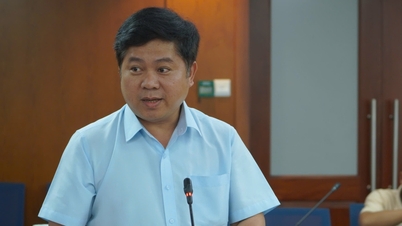

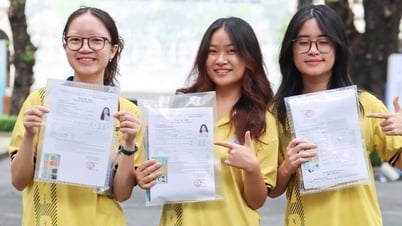

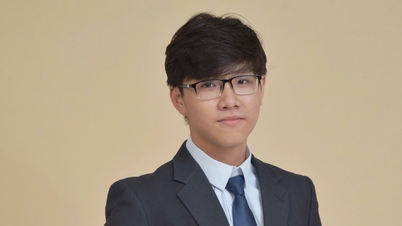

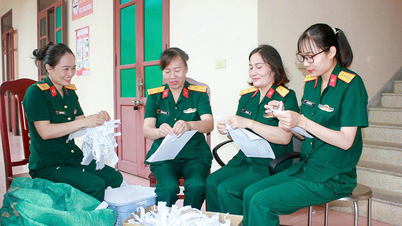


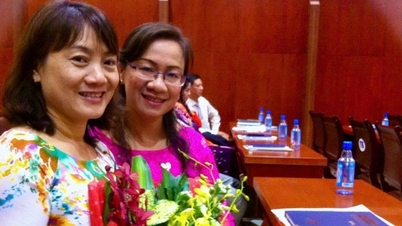

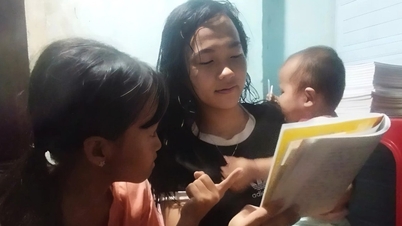







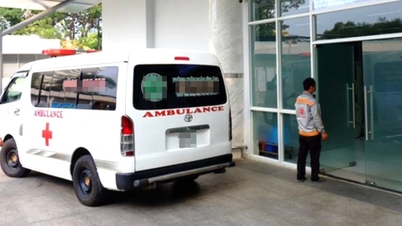

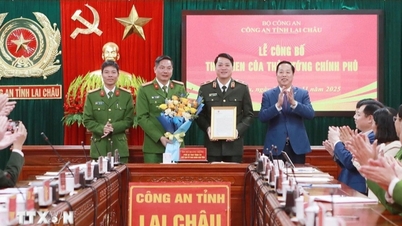
































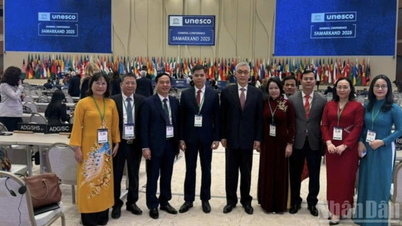







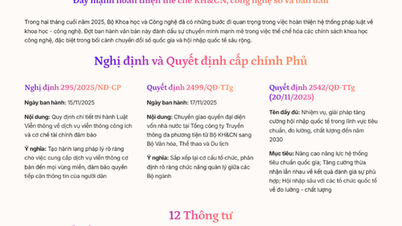

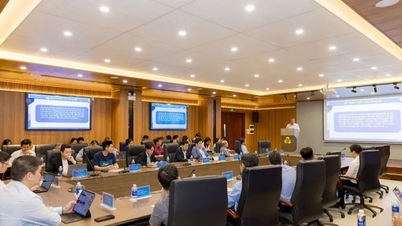
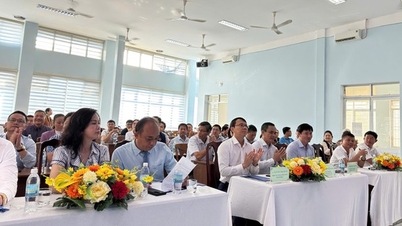
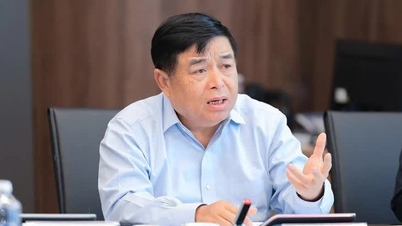
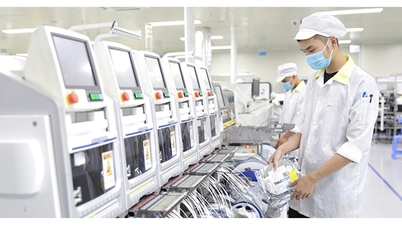
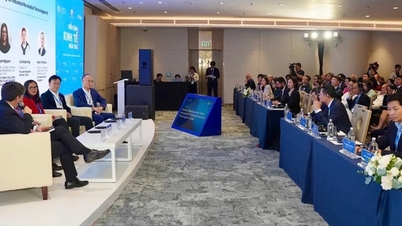
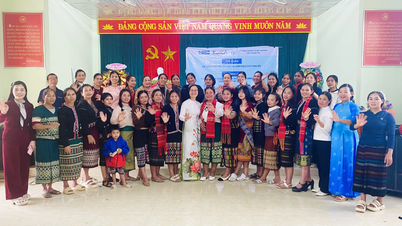





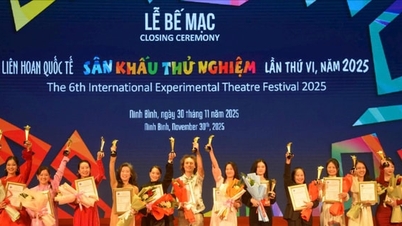

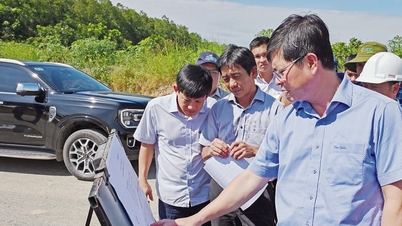












Comment (0)